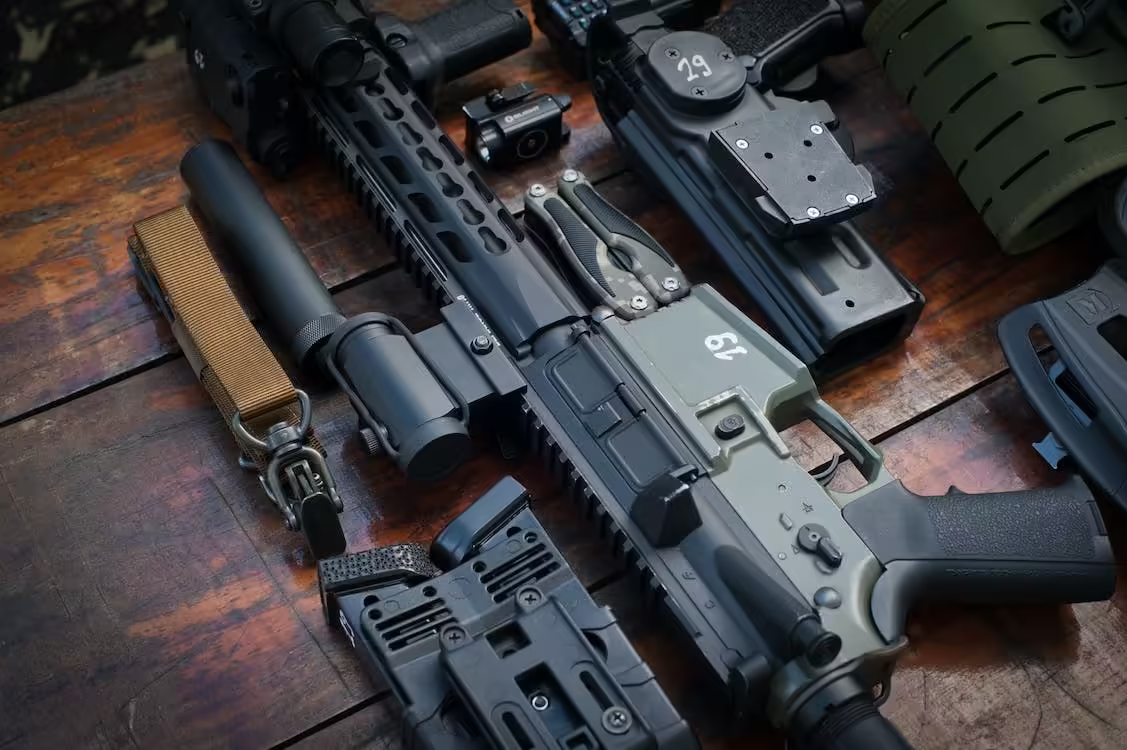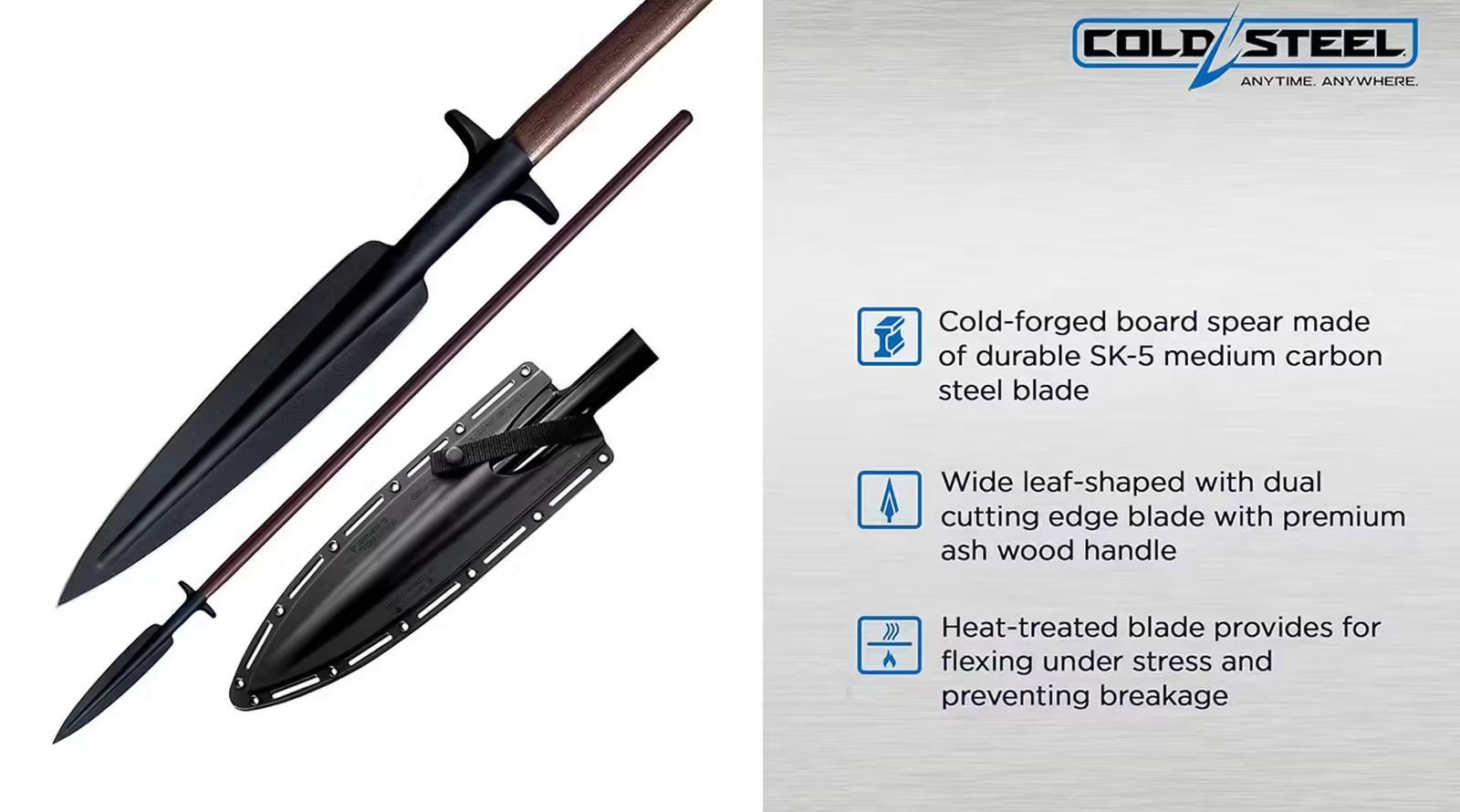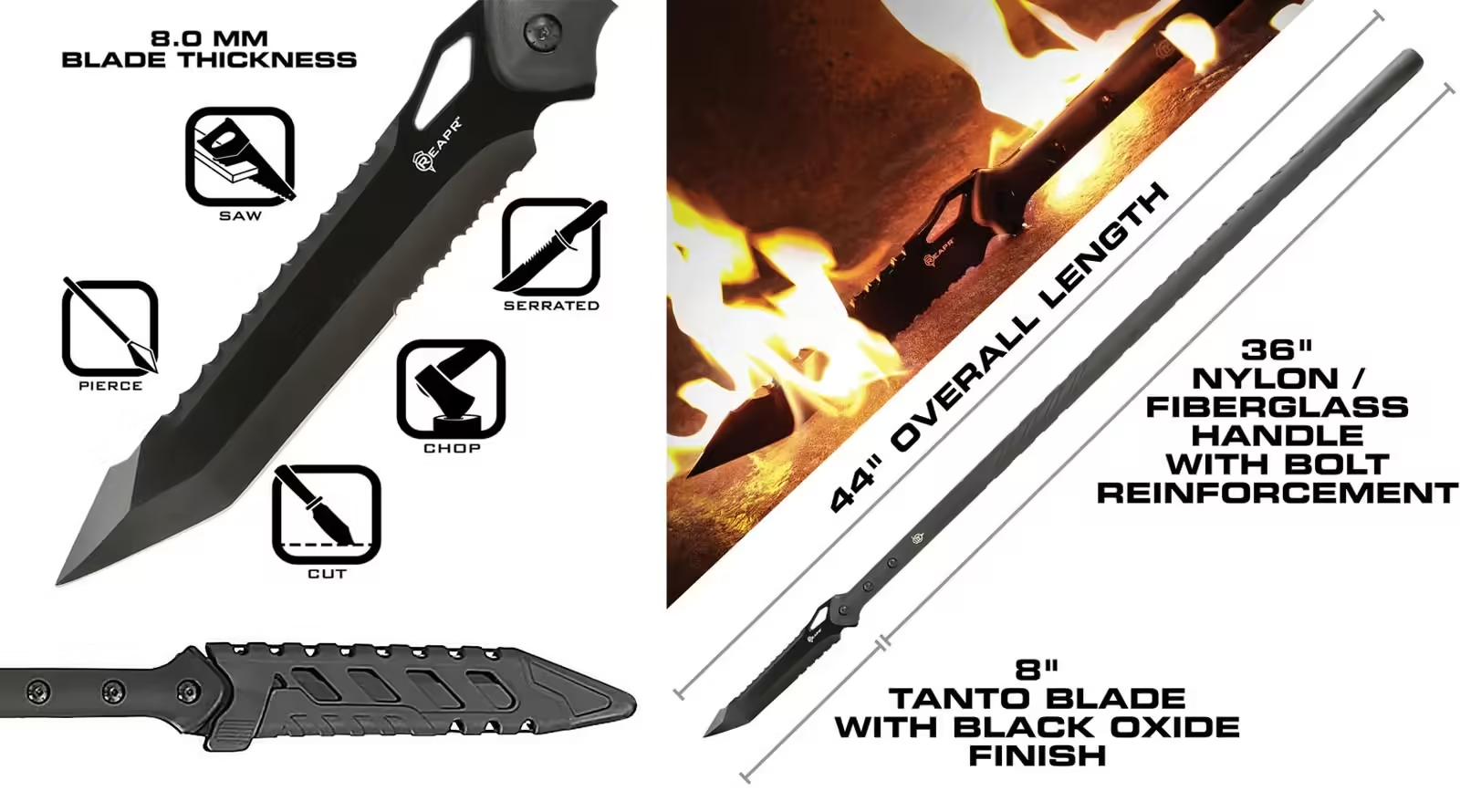Exploring Lethal and Non-Lethal Self Defense Weapons is a topic that sparks interest and concern among individuals seeking effective means to protect themselves in various situations. Self defense weapons range from lethal options, such as firearms, to non-lethal alternatives like pepper spray or tasers. The history of self defense weapons dates back centuries, where individuals relied on weapons like swords or knives to protect themselves. Today, however, the significance of exploring lethal and non-lethal weapons lies in the increasing need for personal safety and the desire for individuals to feel empowered in their ability to defend themselves.
In recent years, there has been a growing demand for non-lethal self defense weapons as people seek alternatives that can incapacitate or deter attackers without causing long-term harm or fatalities. One compelling statistic reveals that pepper spray, a popular non-lethal option, is effective in over 90% of encounters. This statistic emphasizes the importance of exploring non-lethal self defense weapons, as they offer individuals a means to protect themselves without resorting to lethal measures.
When it comes to lethal self defense weapons, firearms are often the first option that comes to mind. However, it is crucial to mention that proper training and permits are necessary for owning and using firearms responsibly. The history of firearms can be traced back to the 9th century, and they have evolved over time to become more efficient and sophisticated. Today, they remain the most potent lethal self defense weapons available.
However, it is essential to consider the potential consequences and responsibilities associated with using lethal self defense weapons. In many cases, non-lethal options can provide individuals with a viable solution to defend themselves without inflicting fatal injuries. This consideration aligns with a broader societal trend seeking to minimize violence and promote non-lethal alternatives.
Lethal Self Defense Weapons
Lethal self defense weapons, as the name suggests, are designed to cause serious harm or even kill an attacker. These weapons are typically firearms, such as handguns, rifles, or shotguns. They are highly effective in neutralizing threats but come with significant legal and moral implications.
Firearms provide individuals with the ability to defend themselves from a distance, which can be a critical advantage in a dangerous situation. However, they also require proper training to handle safely and effectively. Additionally, the use of lethal force can have severe legal consequences, and the decision to use a lethal weapon should only be made after careful consideration of the potential risks and consequences.
Non-Lethal Self Defense Weapons
Non-lethal self defense weapons are designed to immobilize or incapacitate an attacker without causing permanent harm or death. These weapons offer individuals a means to protect themselves without resorting to lethal force. Some popular non-lethal weapons include pepper spray, stun guns, tasers, and personal alarms.
Pepper spray is a widely-used non-lethal weapon that discharges a powerful irritant into an attacker’s eyes, causing temporary blindness, difficulty breathing, and intense pain. Stun guns and tasers use an electric shock to incapacitate an attacker by disrupting their muscle control and balance. Personal alarms, on the other hand, are small devices that emit a loud, attention-grabbing sound to deter attackers and attract the attention of others in the vicinity.
Non-lethal self defense weapons are generally more accessible and easier to carry than firearms. They also offer a lower risk of causing permanent harm or fatal injury, reducing the legal and moral implications associated with their use. However, it is crucial to note that non-lethal weapons may not always be effective against determined or heavily armed attackers, and proper training in their use is still essential.
Choosing the Right Self Defense Weapon
Deciding on the most suitable self defense weapon depends on various factors, including personal comfort, legalities in one’s jurisdiction, and the level of threat one may face. Some individuals may feel more confident and secure with a lethal weapon like a firearm, while others prefer the less-lethal options offered by non-lethal weapons.
It is important to research and understand the laws and regulations regarding self defense weapons in your respective area before making a decision. Additionally, seeking professional guidance or training from self defense experts can provide valuable insights into the appropriate use and selection of self defense weapons.
Frequently Asked Questions
1.What are lethal self defense weapons?
Lethal self defense weapons are devices that are intended to cause serious harm or even death to an attacker. Examples include firearms, knives, and certain types of ammunition.
2. Are lethal self defense weapons legal?
The legality of lethal self defense weapons varies by country and jurisdiction. It is crucial to research and understand the local laws and regulations before acquiring or using any such weapons.
3. What are non-lethal self defense weapons?
Non-lethal self defense weapons are devices designed to incapacitate or deter an attacker without causing fatal injuries. They are intended to provide a means of protection while minimizing the risk of permanent harm.
4. Can non-lethal self defense weapons still cause harm?
Non-lethal self defense weapons can still cause harm, particularly temporary pain or injury. However, they are typically engineered to avoid causing life-threatening or long-term damage.
5. What are some examples of non-lethal self defense weapons?
Some common non-lethal self defense weapons include pepper spray, stun guns, tasers, personal alarms, and self defense keychains.
6. Are non-lethal self defense weapons legal to carry?
The legality of non-lethal self defense weapons varies by location. In many cases, they are legal to carry for personal protection, but it is essential to check local laws and regulations to ensure compliance.
7. How effective are non-lethal self defense weapons?
The effectiveness of non-lethal self defense weapons depends on various factors, including the situation, the user’s level of training, and the specific weapon chosen. While they can be effective in deterring or incapacitating an attacker, they do not guarantee absolute safety.
8. Can lethal self defense weapons be used in self defense situations legally?
The use of lethal self defense weapons is subject to strict legal scrutiny. In many cases, the use of lethal force is only legally justified when there is an imminent threat of serious bodily harm or death.
9. What are the risks associated with using lethal self defense weapons?
The use of lethal self defense weapons carries several risks. There is a higher chance of causing permanent harm or death, and the user may also face legal consequences if the use of force is deemed excessive or unjustified.
10. Are there any training requirements for using self defense weapons?
Training requirements for using self defense weapons vary by weapon type and jurisdiction. It is advisable to seek proper training and familiarize oneself with the proper handling, storage, and legal considerations associated with any self defense weapon.
Conclusion
This article explores the topic of lethal and non-lethal self defense weapons, providing insights into their effectiveness and practicality. It highlighted the advantages and limitations of both types of weapons, helping individuals make informed decisions about their personal safety.
The discussion on lethal weapons emphasized the undeniable power they possess in incapacitating attackers and ensuring personal safety. However, it was also noted that the use of lethal weapons requires a high level of responsibility, as they can accidentally cause serious harm or even take a life. This calls for comprehensive training and strict adherence to legal regulations.
On the other hand, non-lethal weapons were examined for their ability to subdue attackers without causing fatal injuries. These weapons are accessible to a wider range of individuals and are generally legal to carry in many jurisdictions. However, it is important to acknowledge their limitations, as they may not always be effective against determined assailants.
Ultimately, the decision between a lethal or non-lethal self defense weapon depends on individual circumstances, the level of threat faced, and personal comfort with the idea of causing harm. It is crucial to weigh these factors carefully and seek professional advice or training when selecting a self defense weapon. By understanding the pros and cons of each type of weapon, individuals can better equip themselves to protect their safety and well-being.




![Byrna SD [Self Defense] Kinetic Launcher Ultimate Bundle - Non Lethal Kinetic Projectile Launcher, Home Defense, Personal Defense | Proudly Assembled in The USA](https://m.media-amazon.com/images/I/81nHybIO22L._AC_SL520_.jpg)





